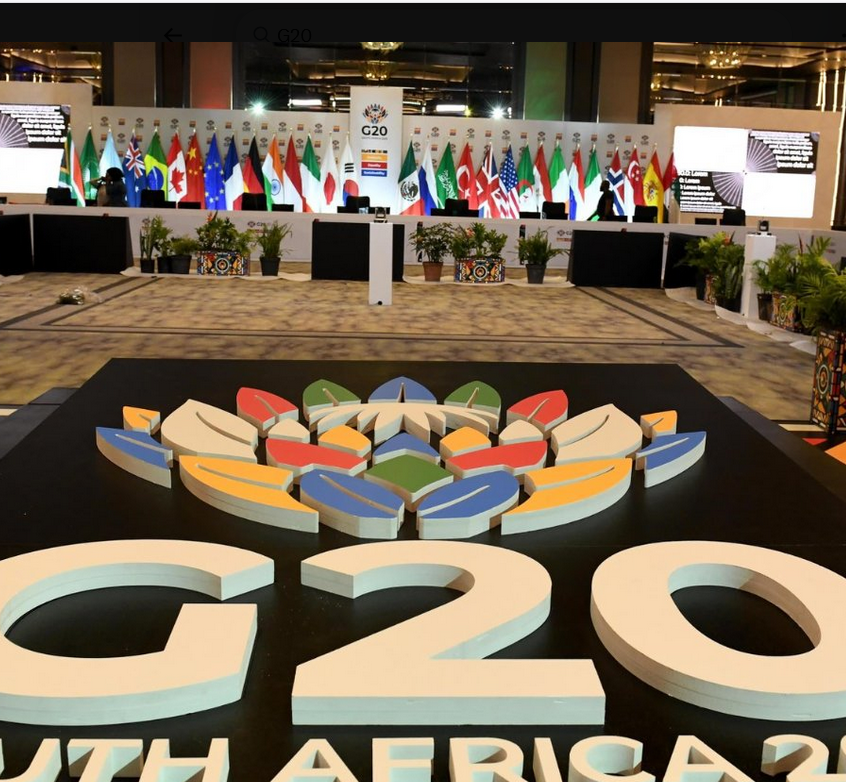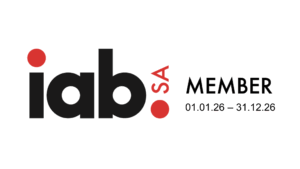Johannesburg – South Africa hosts the first G20 summit on African soil this weekend, with a debt crisis strangling many developing countries, at the top of the pile of issues on the table.
Here are some of the facts and figures around the borrowing that is essential to finance development, but can also undermine investments because of high-serving costs.
Snowballing
Developing countries shoulder $31 trillion in global debt, double their share in 2010, according to UNCTAD, the UN body for integrating developing countries into the global economy.
There is a “snowball effect”, Togolese economist Kako Nubukpo told AFP.
African economies with young populations that require education, healthcare and jobs have a strong demand for financing, he said.
But “deficits are accumulating and deficits are turning into debt”, said the former minister.
High servicing costs
The debt-to-GDP ratio of many developing countries is far below that of developed nations yet it costs them much more.
Public debt in sub-Saharan Africa stands at 58.5 percent of GDP this year, according to the International Monetary Fund (IMF).
This is well below levels in advanced economies like France (117 percent), Japan (230 percent) and the United States (125 percent).
Still, between 2021 and 2023, African governments spent an average of $70 per person on interest payments, surpassing money spent on education ($63) and health ($44), according to UNCTAD.
Fiscal failures
The paradox points to structural fragilities in many developing countries, including weak fiscal capacity with tax revenues low because of corruption, Nubukpo said.
In 2022 average tax revenues reached 32 percent of GDP in advanced economies compared to just 16 percent in Africa, according to Organisation for Economic Co-operation and Development (OECD) data.
Also, “Africa doesn’t produce what it consumes”, said Nubukpo, leaving many countries grappling with deficits on both trade and budgets.
Stronger domestic tax systems must be matched by a fairer international financial architecture, said Osita Chidoka, head of Nigeria’s Athena Centre for Policy and Leadership think-tank.
“No country can tax or cut its way out of this crisis alone. Africa must grow out of debt, supported by a fairer global financial system,” Chidoka told AFP.
Structural bias?
A UNDP report estimated in 2023 that the way major credit rating agencies score African countries costs the continent $74.5 billion in lost annual financing.
This is equivalent to most of Africa’s yearly infrastructure needs, or more than twice the investment required to shrink malaria cases by 90 percent.
Some commentators say “these countries are risky – there’s political risk, currency risk”, said David McNair, global policy executive director at the One Campaign non-profit.
But others see structural bias baked into the system.
The African Union plans to launch its own rating agency next year in response.
It will not be a miracle cure, McNair said, but it could push governments and markets to improve data and transparency.
Broken system
Any solution must also reckon with the shifting profile of creditors.
Between 2010 and 2023, the share of private lenders in low-income country debt jumped from six to 19 percent, according to IMF data published last year.
This makes restructuring slower and more complex, Chidoka said.
McNair likened the standstill to the Spiderman meme in which everyone points fingers at each other.
Many Western governments fear debt relief measures would be used to pay back Beijing.
China, in turn, suspects borrowers would use the space to pay private bondholders, whom it sees as Western institutions.
Meanwhile, private creditors keep collecting.
The system, said McNair, “just doesn’t work”.
The G20 should champion a faster and more solid framework for African debt resolution, said Chidoka.
South Africa’s Institute of International Affairs, a public think-tank, proposes laws to compel private creditors to join restructuring talks.
Recent G20 presidencies, from Indonesia to India to Brazil, have already pushed for the lending firepower of multilateral development banks like the World Bank and the African Development Bank to be expanded to offer financing on more favourable terms.
Follow African Insider on Facebook, X and Instagram
Picture: X/@SAgovnews
For more African news, visit Africaninsider.com
Source: AFP



